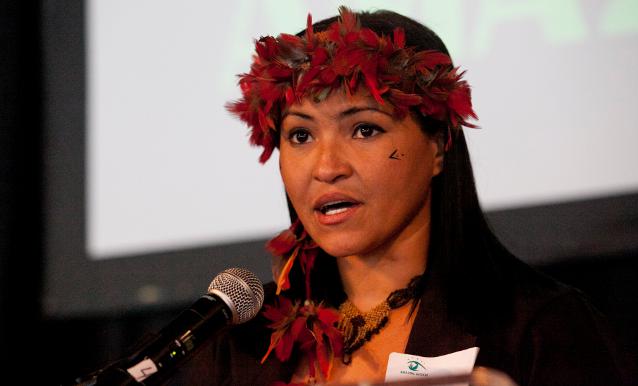
Azra, who re-organized schooling in her neighbourhood under siege next to the destroyed school in Dobrinja (Sarajevo)
A trial in Istanbul, another deadly crossing of the Mediterranean Sea while security in the wealthier countries is a key word, refugee camps that are prisons with no rights, a drone program that executes blind death sentences, this is our time. Meanwhile, where is the exposure of violence against women perpetrated by official or self proclaimed States?
Carol Mann, the director of Women in War, an organization that concentrates its work and actions on the intersection of gender and armed conflicts, talked to us about genocide, female genocide, Rojava and the outrageous conduct of the supra national European Union in the refugee so called ‘crisis’.
Raphael Lemkin coined the word genocide after witnessing and documenting the Armenian massacre and then the work of the Nazis. He wanted more than a name but also a convention and a UN treaty on genocide. The goal was to have a law to protect targeted populations. However “never in history had states even resolved to prevent atrocities,” and I should add in particular against women. When atrocities are committed and before an actual political action to stop them is attempted, a moment of no rights occurs during which minorities and other targeted populations face the atrocities alone.
In Turkey, scholars attempted to denounce the blind violence of the Turkish army, that some called genocidal, in Turkish Kurdistan. They signed a petition for peace that said ,“We will not be a party to this crime”, and now they are facing legal and social retaliation from President Recep Tayyip Erdoğan who has also directed his wrath at journalists.
Let us not forget that the wealthy nation officials are turning their heads to the other direction but we do not!
In solidarity
(Photo Credit: Women in War) (Video Interview by Brigitte Marti)
